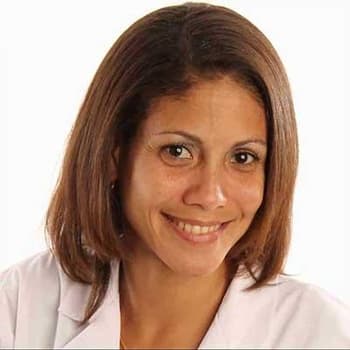Learn why dropping the “D” from PTSD is significant and how it can benefit those affected by post-traumatic stress.
Post-traumatic stress disorder (PTSD)symptoms have been documented as far back as the Civil War. Though the name has experienced a few changes, from soldier’s heart, shell shock, battle fatigue, PTSD and now more recently post-traumatic stress, the definition for the condition remains relatively the same.
If the terms of the condition haven’t truly changed, why has the name changed? Including “D” for disorder in the name carries a stigma that often leaves those most vulnerable, such asveterans, unwilling to seek help. Based on this knowledge, notable figures have been pushing to change the name of the condition from PTSD to PTS to encourage more people to seek help.
Changing the Name to Post-Traumatic Stress (PTS)
PTSD was first named in the1980sand classified as ananxiety disorderby the American Psychiatric Association. The most recent revision of the DSM-5 removes PTSD from the anxiety disorders category and places it in a new diagnostic category called “Trauma and Stressor-Related Disorders,” since the symptoms of PTSD also include guilt, shame and anger. The most significant diagnostic criteria require exposure to a traumatic or stressful event.
While PTSD remains the official diagnostic term for this condition, notable figures in mental health and champions for veterans mental health have consistently referred to PTSD as PTS in the news and across social media platforms. As the George W. Bushwebsitestates, “PTS is an injury, it’s not a disorder.” The goal behind the PTSD name change is to encourage veterans to feel more comfortable opening up about their experiences and seek help sooner.
A New Dialogue
It’s reported thatless than halfof veterans with any diagnosed disorder receive treatment. The U.S. Department of Veterans Affairs published areportin 2018 that revealed that 20 veterans die by suicide each day. This growing public health concern certainly has the attention of many with the end goal of helping affected individuals seek treatment.PTSD treatmenthas seen positive effects, with up to60%of individuals experiencing response rates to certain treatment methods.
One key issue in changing the name to PTS involves health care coverage. Veterans are not able to receive benefits or health care coverage with the diagnosis of PTS. However, since PTSD is included in the DSM-5, this diagnosis qualifies veterans for benefits and even disability payments. It’s clear that the name and diagnosis of PTS don’t carry the same weight as PTSD in the medical and insurance world, but some view it as a start for change in opening the conversation for more to seek help.
Related:The Basics of Veteran Culture and Its Impact on Clinical Work (Webinar)
Breaking the Stigma
Officialsin the Pentagon have dropped the “D” from PTSD for several years now. This change has helped break down the barriers associated with PTSD treatment for veterans. Many service membersreportfeelings of shame associated with seeking help for their symptoms. Breaking the stigma of PTSD is crucial to ensuring that more people receive treatment and why some individuals consistently drop the “D” for disorder from the name. When the focus is shifted away from classifying the condition as a mental health disorder instead of a normal response to trauma, it can open the door to treatment for many who are suffering.
If you or someone you know is suffering from post-traumatic stress and are using substances to help relieve the pain, know that help is available. Reach out to The Recovery Village and one of our representatives can discuss an appropriate treatment plan. Don’t suffer in silence — help is a phone call away.
















